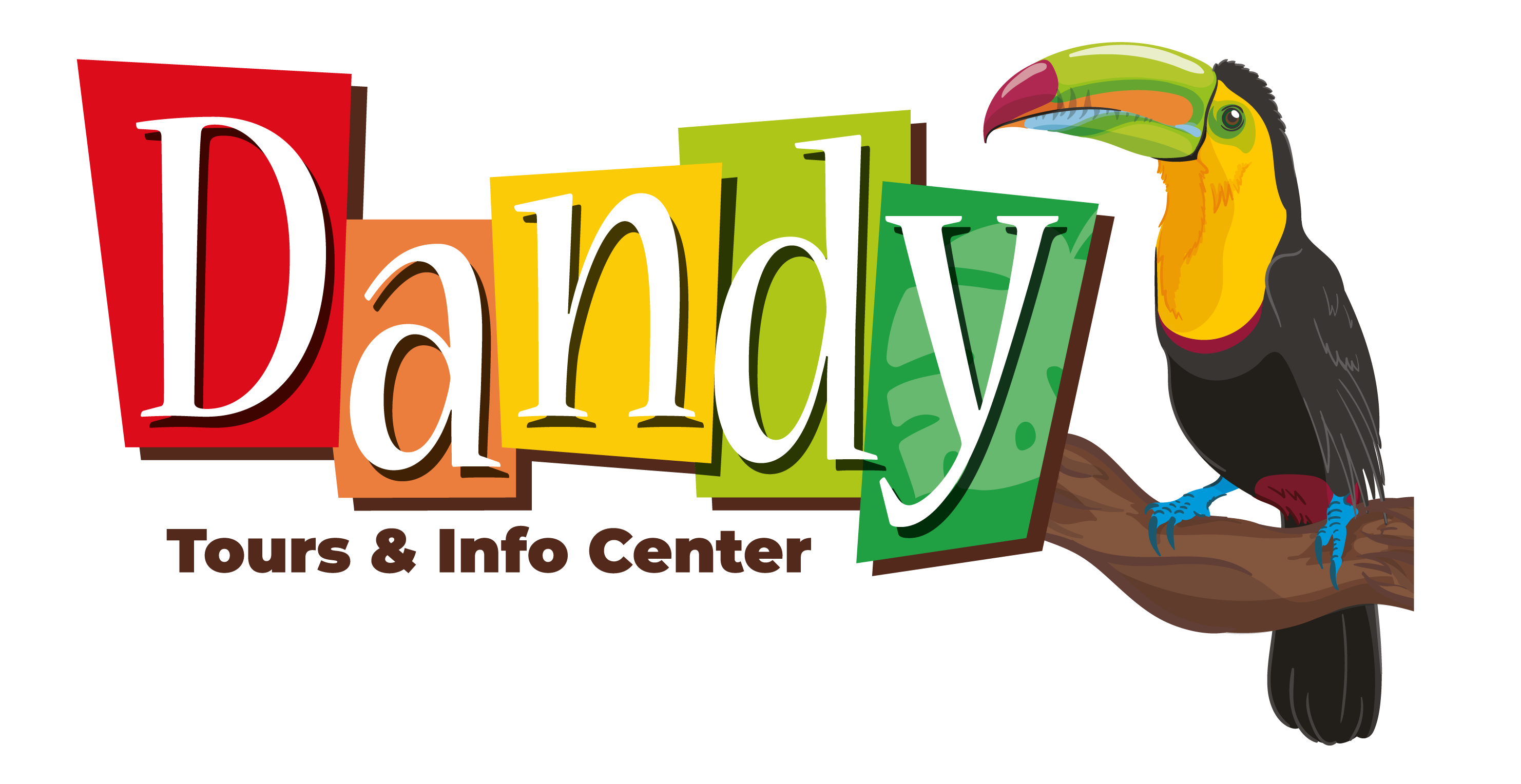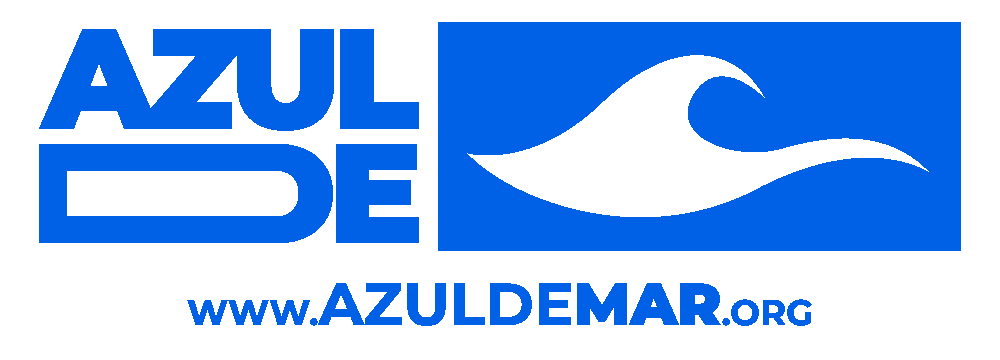TIPS TO TRAVEL IN COSTA RICA
Welcome to Costa Rica, we hope you enjoy a pleasant and safe stay, which is why we offer you a set of advice that is important to keep in mind during your visit to our country. Geographic aspects: Costa Rica is located on the Central American isthmus, between latitudes 8 ° and 12 ° N, and longitudes 82 ° and 86 ° W. Bordered on the east by the Caribbean Sea and the Pacific Ocean to the west, with a total extent of 1290 km on the coasts: 212 km on the Caribbean coast and 1 016 km on the Pacific coast. Costa Rica is a very mountainous country and most of the territory is formed by elevations between 900 and 1800 meters above sea level. There are three main mountain systems: the Guanacaste Volcanic Mountain Range, the Tilarán Mining Mountain Range, the Central Volcanic Mountain Range and the Talamanca Mountain Range. In the center of the country is the Great Central Valley, a kind of plateau characterized by its fertility and abundance of water sources, surrounded by mountains and volcanoes, has a very pleasant climate. Here is located most of the country’s population, approximately 60% of the inhabitants. The highest point in the country is the Chirripó hill at 3820 meters above sea level and is the fifth highest peak in Central America. The highest volcano is the Irazú volcano with 3432 meters above sea level. Manuel Antonio is one of the most beautiful places in our country, Pura Vida.
TRAVEL TIPS
-
Do not bring travelers cheques.
-
All restaurants take credit cards and US dollars. Your change will be in colones.
-
Casual attire is acceptable everywhere.
-
There are many area ATMs.
-
Do not exchange dollars for colones at the San Jose airport as they will rip you off!
SECURITY
-
Every foreing citizen needs a valid passport to enter Costa Rica and some nationalities need consular visas, so it is important to check before traveling.
-
Leave your jewelry, cash and credit cards stored in the safe in the hotel room; take only what is necessary when you walk around San José, and do not carry large amounts of cash. Remember that for security reasons, all ATMs in Costa Rica are closed after ten o’clock at night. Make a copy of your passport before leaving, so that you use the copy instead of the original. Do not leave keys or personal belongings in sight.
-
Know your destination and have a route planned for the journey.
-
Always be alert and awake in what is happening around you.
-
When you are checking in at the hotel reception, always be alert of people near you and your luggage.
-
When visiting volcanoes or national parks respect the safety distance of the red zone, this is a warning of danger.
-
You can find in Costa Rica almost in every corner free Internet, also many hotels offer the wireless connection service; after using the Internet you must delete all the temporary files you used in order to erase your personal information. Close all the applications and programs you used.
-
If you get lost, look for a public area, such as a gas station, to read your map or ask for directions.
-
If you need to exchange dollars, use only recognized banking agencies or exchange houses.
-
If you suspect that you are being chased, go to a nearby public place that is well lit and call the police.
-
If you have to carry a purse or shoulder bag with you, carry it in front of you near your body. Make sure it is completely closed.
IN CASE YOU RENT A CAR:
-
Never leave the car parked unattended. If you have a breakdown you should be careful who offers help and get in touch with your car rental agency. If you decide to visit Costa Rica with a rental car, we recommend renting a mobile phone. All the major car rental companies have this service.
-
Keep doors locked and windows up while driving, and when the vehicle is parked.
-
Valuable items should be carried in the trunk, or in the glove compartment (locked), or out of sight while driving or leaving the vehicle parked.
-
Check the interior of your vehicle and surroundings before entering your vehicle.
-
DO NOT pick up people on the road.
-
DO NOT leave the keys in your vehicle or the engine running while you are using the ATM.
APPROPRIATE CLOTHING
If you are thinking of making some trips or entering the wonders of our rainforests take into account this list of equipment you might need. This list is specialized and should be varied depending on the activities you wish to carry out during your trip. Please do not hesitate to specifically consult the list of equipment that suits your own trip.
-
Light sandals or shoes that dry quickly.
-
Hiking boots or comfortable walking shoes.
-
T-shirts easy to dry and wash. You can count on long sleeves to walk and protect from the sun and others for cool or cold afternoons.
-
Fleece or coat to protect from the cold. Yes, Costa Rica has cold parts in the mountains.
-
Waterproof poncho or jacket, or windbreaker
-
Lightweight pants, easy to wash and dry. Shorts are very cool, long pants protect from mosquitoes and cold.
-
Light socks and if they go to the cold, they are hot for cold nights.
-
Hat or cap for the sun. If you are going to make long walks, the colored scarves for the hair are very good to cover the nape of your neck or the ears from the sun.
-
In the case of the Chirripó or other cold mountain tours, a cold wool cap and gloves are recommended.
-
Remember to always carry clothes to walk around thinking that you are going to get wet and wear clothes after the tour or walk, so as not to return to the bus with wet clothes and avoid an unwelcome cold.
OTHER NECESSARY:
-
Blistick for the lips (protection for sun and wind)
-
Sunglasses
-
Bags with zipper
-
Sunscreen (minimum protection factor 40)
-
Flashlight, bulb or headlamp, not everywhere is electric light all night.
-
Extra batteries
-
Water bottle
-
Insect repellent
-
Duct tape or hardware tape for emergency repairs and for blisters on the feet
-
Moisturizing drinks. This list is designed taking into account all the activities we offer, remember that depending on your special activities, this will be the list of equipment.
HEALTH:
There are no vaccines required to enter Costa Rica, however the following are recommended. Vaccine: Recommended for: Dosage: Hepatitis A
-
In case of emergency call 911 from any telephone.
-
Only pay the departure taxes at the airport, at the duly authorized places.
-
These taxes are $28 per person.




